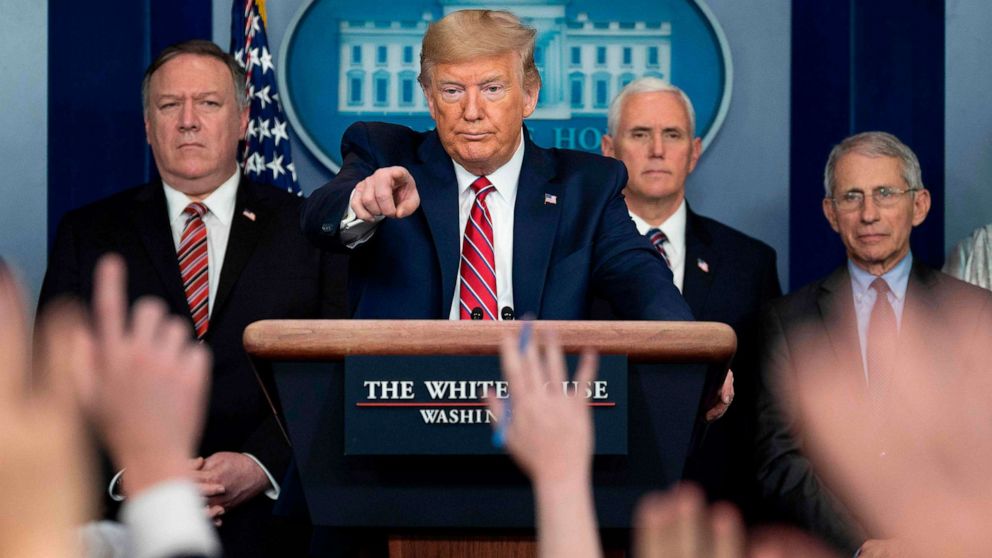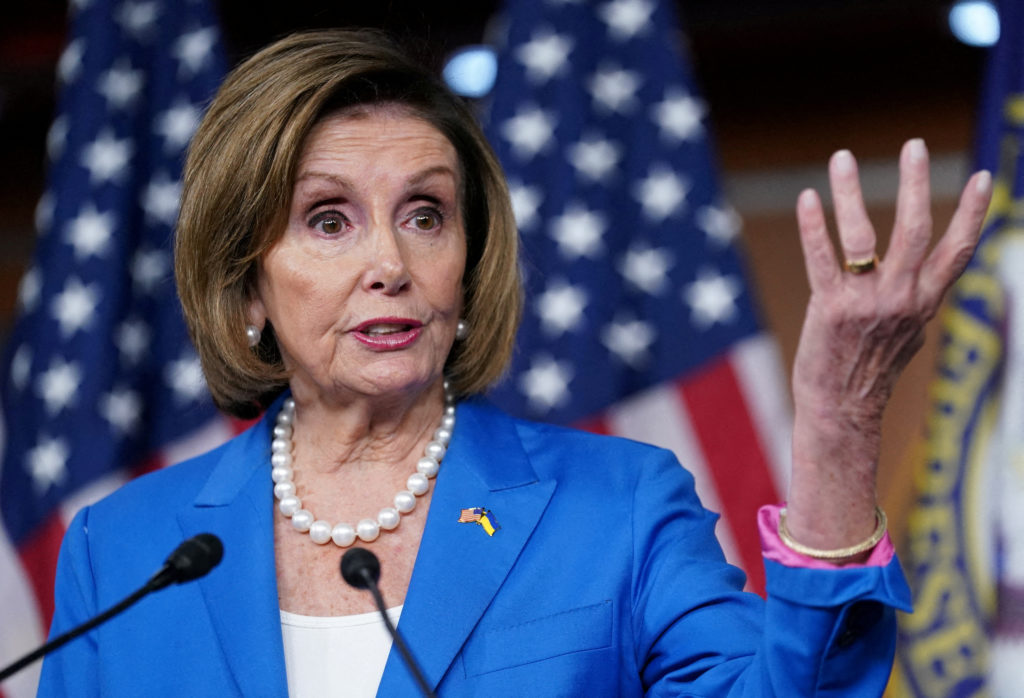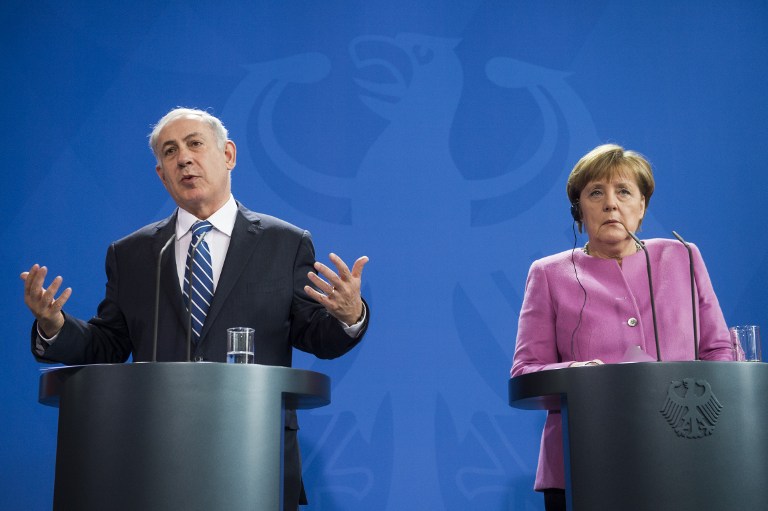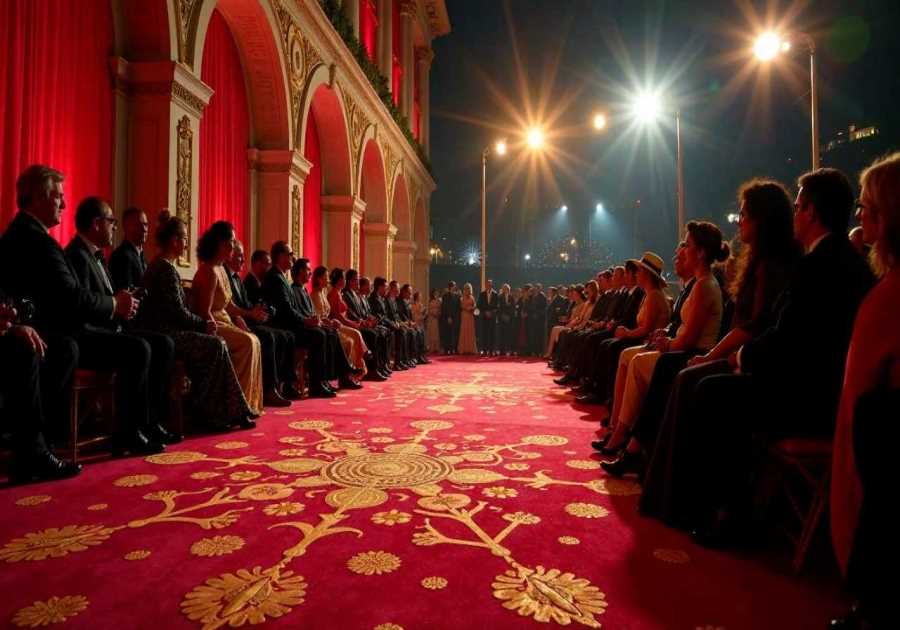
In the past decade, the world has witnessed a series of significant political events that have reshaped the global landscape. From the contentious Brexit decision to the unprecedented presidency of Donald Trump, these events have sparked debates and controversies, leaving a lasting impact on societies and governments worldwide.
This article aims to analyze and rank the top 10 most impactful political events of the decade, providing an objective and insightful overview of these transformative moments in history.
Brexit
Brexit, a highly contentious decision made by the United Kingdom to withdraw from the European Union, has deeply reshaped the political landscape of both the UK and the EU in the past decade. This historic event has had significant economic implications and has exposed deep political divisions within the country.
Economically, Brexit has had a profound impact on both the UK and the EU. The uncertainty surrounding the withdrawal has led to a decline in investment and slowed economic growth. The UK's decision to leave the single market and customs union has also created barriers to trade, affecting industries such as manufacturing and finance. On the other hand, some argue that Brexit presents new opportunities for the UK to forge trade agreements with other global partners.
Politically, Brexit has highlighted the deep divisions within the UK. The referendum result revealed a country sharply divided between those in favor of leaving the EU and those who wished to remain. This division has persisted throughout the negotiation process and has led to a fracturing of political parties, including the Conservative and Labour parties. The question of Brexit has become a defining issue in UK politics and has shaped the political discourse in the country.
Trump Presidency
The election and subsequent presidency of Donald Trump have been one of the most polarizing and impactful political events of the past decade. Trump's policies have left a lasting imprint on American society, with significant implications for both domestic and international affairs. From his immigration policies to his tax reforms, Trump's agenda has been characterized by a strong emphasis on economic nationalism and a rejection of globalism.
However, it is Trump's controversies that have dominated the headlines and fueled intense public debate. Whether it be his inflammatory tweets, his impeachment proceedings, or his strained relationships with foreign leaders, Trump's presidency has been marked by controversy and divisiveness. Love him or hate him, there is no denying the profound impact that Donald Trump has had on the political landscape of the last decade.

- America First: Trump's policies prioritized the interests of the United States over global cooperation.
- Immigration crackdown: Trump's strict immigration policies, including the controversial travel ban, sparked heated debates on border security.
- Trade wars: Trump's aggressive approach to trade, particularly with China, resulted in tariffs and economic uncertainties.
- Climate change skepticism: Trump's withdrawal from the Paris Agreement and rollback of environmental regulations drew criticism from environmentalists.
- Diplomatic tensions: Trump's unconventional approach to foreign policy strained relationships with longtime allies and adversaries alike.
Arab Spring
After a wave of uprisings swept across the Middle East and North Africa, the Arab Spring marked a significant turning point in the region's political landscape. The role of social media played a crucial role in mobilizing and organizing the protests, allowing citizens to voice their grievances and connect with like-minded individuals. Platforms such as Twitter and Facebook provided a space for dissent and enabled the rapid dissemination of information, bypassing traditional state-controlled media channels.
As a result, the Arab Spring demonstrated the power of social media in facilitating political change and challenging authoritarian regimes. However, the aftermath of the Arab Spring also highlighted the complexities and challenges of democratic transitions. While some countries, like Tunisia, were able to successfully transition to democracy, others, such as Syria and Libya, descended into protracted conflicts and instability.
The Arab Spring serves as a reminder that the path to democracy is not linear and requires sustained efforts to overcome obstacles and build inclusive political systems.
Syrian Civil War
The Syrian Civil War, which began in 2011, has had profound implications for the political landscape of the region. The conflict has resulted in a severe humanitarian crisis, with millions of Syrians displaced and in need of assistance. This crisis has put a strain on neighboring countries, such as Lebanon, Jordan, and Turkey, who have had to absorb a large number of refugees.
Additionally, the war has created regional instability, as various regional and international powers have become involved in the conflict, supporting different factions and exacerbating tensions. The consequences of the Syrian Civil War can be summarized as follows:
- Increased sectarian tensions and divisions within the region.
- Rise of extremist groups, such as ISIS, taking advantage of the power vacuum.
- Destabilization of neighboring countries due to refugee influx.
- Geopolitical realignment as regional and international powers vie for influence.
- Erosion of trust and cooperation among regional actors, hindering efforts to address other challenges in the region.
Hong Kong Protests
The Hong Kong protests of the past decade have significantly influenced the political landscape in the region. These protests, driven by a democracy movement, have demanded greater autonomy and democratic reforms from the Chinese government. The response from the Chinese government has been met with escalating tensions and a crackdown on dissent.
The protests have showcased the struggle between the desire for freedom and democracy, and the Chinese government's desire to maintain control. The Hong Kong protests have also highlighted the global concern for human rights and the right to self-determination. The international community has closely watched these events unfold, with many expressing support for the pro-democracy movement.

The outcome of these protests will have long-lasting implications for Hong Kong and the wider region.
Impeachment Trials
Impeachment Trials have been a significant political event of the past decade, continuing the trend of challenging established powers and holding leaders accountable for their actions. These trials have had far-reaching political consequences and legal implications.
- Impeachment trials have exposed the abuse of power by political leaders, making it clear that no one is above the law.
- They have sparked public debates and discussions about the state of democracy and the balance of power within governments.
- Impeachment trials have tested the resilience of political institutions and their ability to uphold the rule of law.
- They have set precedents for future actions and have the potential to shape the behavior of future leaders.
- The outcomes of impeachment trials have the power to influence electoral politics, with voters using the trial as a key factor in their decision-making process.
Impeachment trials have proven to be a critical tool in ensuring accountability and maintaining the integrity of democratic systems. The political consequences and legal implications of these trials will continue to shape the political landscape for years to come.
Climate Change Policies
Continuing the trend of holding leaders accountable, climate change policies have emerged as a crucial political issue of the past decade. As the effects of climate change become increasingly evident, governments around the world have recognized the need for action.
Clean energy initiatives have gained momentum, with countries investing in renewable energy sources such as wind, solar, and hydroelectric power. These initiatives aim to reduce greenhouse gas emissions and transition away from fossil fuels.
Additionally, international climate agreements, such as the Paris Agreement, have played a significant role in shaping global efforts to combat climate change. These agreements provide a framework for countries to work together in reducing emissions and adapting to the impacts of climate change.
While progress has been made, challenges remain in implementing and enforcing these policies on a global scale. The next decade will be critical in determining whether these efforts will be sufficient to mitigate the worst effects of climate change.

Rise of Populism
One of the most significant political events of the past decade is the rise of populism. This movement, characterized by its appeal to the common people and its rejection of established elites, has had profound global implications.
Here are five key points to consider:
- Populist leaders have emerged in various countries, challenging traditional political parties and institutions.
- Populism has fueled political polarization, with societies becoming increasingly divided along ideological lines.
- The rise of populism has been fueled by economic grievances, with many people feeling left behind by globalization and technological advancements.
- Populist leaders often employ nationalist rhetoric, emphasizing the importance of protecting national interests and sovereignty.
- The rise of populism has led to a reevaluation of traditional political norms and a shift towards more direct and participatory forms of democracy.
Refugee Crisis
The refugee crisis has had a profound impact on global politics, further exacerbating the divisions and challenges brought about by the rise of populism.
The influx of refugees from war-torn regions, such as Syria and Afghanistan, has tested the limits of countries' capacity to provide humanitarian aid and support.
The global response to the crisis has been mixed, with some countries opening their doors and offering assistance, while others have adopted more restrictive policies. This has led to tensions and disagreements among nations, as well as within societies.
The issue of refugees has become a polarizing topic, with debates centering around security concerns, economic impact, and cultural assimilation.
The crisis has highlighted the need for a coordinated and compassionate approach to addressing the plight of refugees, ensuring the provision of adequate humanitarian aid, and promoting global solidarity.

Black Lives Matter Movement
Having gained significant momentum and sparking widespread discussions, the Black Lives Matter Movement has emerged as a highly influential force in shaping political discourse and advocating for racial justice. The movement, which originated in the United States in 2013, has since spread globally, drawing attention to the pervasive issue of racial inequality and the urgent need for social justice.
Key points of the movement include:
- Amplifying marginalized voices: Black Lives Matter has provided a platform for those affected by racial injustice to share their stories and demand accountability.
- Police reform: The movement has called for an end to police brutality and the implementation of policies that prioritize community safety and accountability.
- Challenging systemic racism: Black Lives Matter has shed light on the deep-rooted systemic racism that permeates various institutions, from education to criminal justice.
- Intersectionality: The movement recognizes the interconnectedness of different forms of oppression, advocating for the rights of marginalized communities beyond race.
- Global impact: Black Lives Matter has sparked solidarity movements worldwide, highlighting the universal struggle for racial equality and social justice.
The Black Lives Matter Movement has undeniably shaped the political landscape, prompting important conversations and actions towards a more equitable and just society.
Frequently Asked Questions
How Did the Arab Spring Impact the Political Landscape in the Middle East?
The Arab Spring had a profound impact on the political landscape in the Middle East. It led to significant changes in the region, including the downfall of several authoritarian regimes and the rise of democratic movements. Social media played a crucial role in mobilizing and organizing protests during this period.
What Were the Main Factors That Led to the Rise of Populism in Various Countries During the Past Decade?
The rise of populism in various countries during the past decade can be attributed to multiple factors, including the growing influence of nationalism and the impact of social media in shaping public opinion and mobilizing support for populist leaders and ideologies.
How Did the Syrian Civil War Affect Neighboring Countries and the Global Refugee Crisis?
The Syrian civil war had a significant impact on neighboring countries, leading to an influx of refugees and posing various challenges for host countries. The global refugee crisis intensified as a result, highlighting the need for international cooperation and support.
What Were the Key Climate Change Policies Implemented Globally During the Past Decade?
Key climate change policies implemented globally over the past decade have had a significant global impact. These policies aimed to reduce greenhouse gas emissions, promote renewable energy, and increase international cooperation in addressing climate change.

What Were the Major Achievements of the Black Lives Matter Movement in Terms of Political and Social Change?
The Black Lives Matter movement has made significant political achievements and sparked important social change. Through protests, advocacy, and awareness campaigns, it has brought attention to systemic racism and police violence, leading to increased calls for justice and reform.






